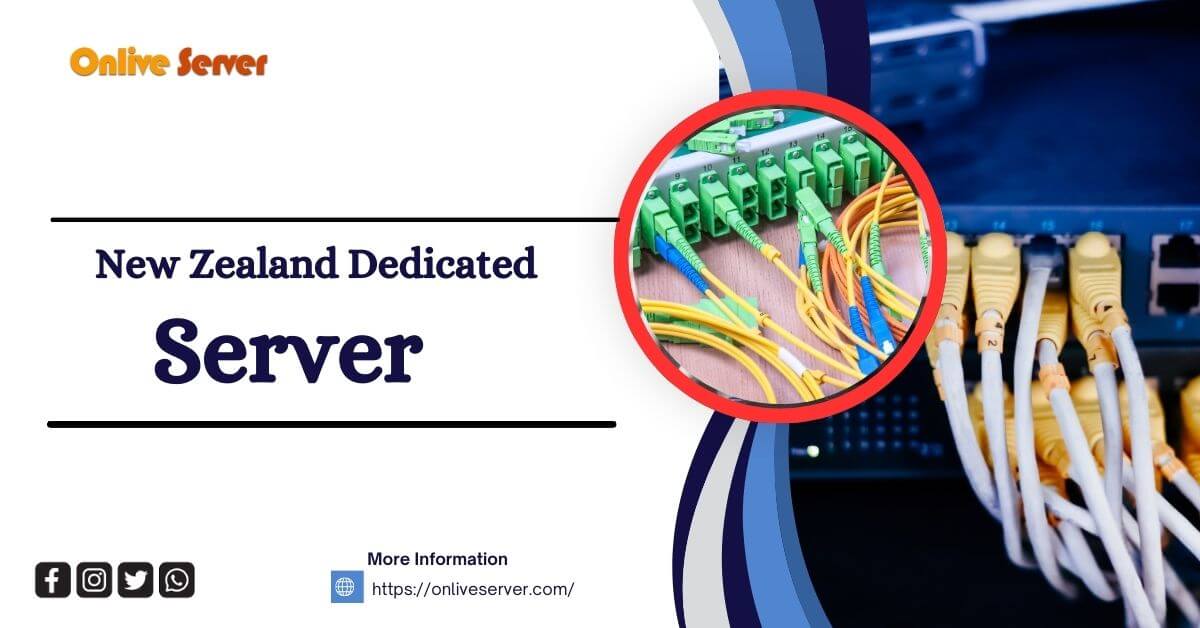The introduction of the Goods and Services Tax (GST) has brought about trans formative changes in the Indian financial landscape. One of the sectors significantly affected by this new taxation regime is personal loans. Whether you’re a salaried individual or a self-employed person looking to avail of a loan from a traditional bank or a loan app, understanding the implications of GST on personal loans can be crucial.
What is GST?
GST, an abbreviation for Goods and Services Tax, is a comprehensive, multi-stage, destination-based tax system introduced in India on 1st July 2017. Aimed at subsuming multiple indirect taxes into a single regime, it is structured around the principle of ‘One Nation, One Tax’. It has, since its inception, influenced various sectors, including the financial domain.
Does GST Apply to Personal Loans?
Personal loans, in essence, are credit facilities extended by banks or financial institutions to individuals without any collateral requirement. It’s natural to wonder if GST has any direct impact on the principal loan amount. The simple answer is no. The actual loan amount is not subjected to GST. However, the processing fees, pre-payment charges, and various other service-related charges now fall under the ambit of GST, which stands at 18%.
Processing Fee and GST
Processing fees, charged by banks or financial institutions for the services they provide, are now subject to GST. Before the GST regime, a service tax was applicable to the processing fee, which was significantly lower. With the advent of GST, this fee has been raised to 18%. So, for instance, if you take a personal loan through a long term loan app and the processing fee is ₹10,000, you would need to pay an additional ₹1,800 as GST, making it ₹11,800 in total.
Pre-payment Charges and GST
In India, pre-paying a personal loan before its stipulated tenure is a common practice, primarily to reduce the total interest payable. Pre-payment, however, often attracts certain fees. Before the introduction of the Goods and Services Tax (GST), these charges were levied with an added service tax. With the GST rollout, the taxation scenario has shifted. Now, these pre-payment charges fall under GST’s purview, which is pegged at 18%. This means, if a borrower opts to settle their loan ahead of schedule, not only will they incur the pre-payment fee, but they’ll also bear an additional 18% tax on this fee due to GST.
Digital Platforms and the Influence of GST
The digitisation wave in India has given rise to numerous long term loan apps. These platforms offer the convenience of availing loans without visiting a bank physically. A prominent name in this sector is the Hero FinCorp loan app. Like other traditional banking systems, these digital platforms too have incorporated the GST regulations. While the principal loan amount remains unaffected, service charges, including processing fees, on such platforms will attract the standard 18% GST.
Benefits of Understanding GST on Personal Loans
– Informed Decision Making: When you’re aware of the gst on personal loan implications, you can calculate the overall cost of your loan accurately. This aids in comparing different loan offers effectively.
– Budgeting: Knowing the added costs helps in better budgeting and financial planning.
– Avoiding Surprises: No one likes unexpected expenses. A clear understanding of the GST implications ensures that you are not caught off guard by any additional charges.
Conclusion
While GST has streamlined the taxation process in India, its implications on the personal loan sector have led to an increase in the overall cost due to the 18% tax slab on service-related charges. Whether you opt for a traditional bank or decide to use platforms like Hero FinCorp, it’s essential to factor in these charges while evaluating the total expense.
As with any financial decision, it’s always wise to stay informed, compare different loan offers, and choose one that aligns best with your financial goals and capacities. Awareness of GST on personal loans ensures that borrowers are better prepared to manage their finances and make informed choices in the evolving financial landscape of India.









